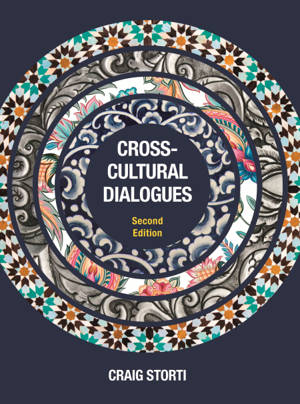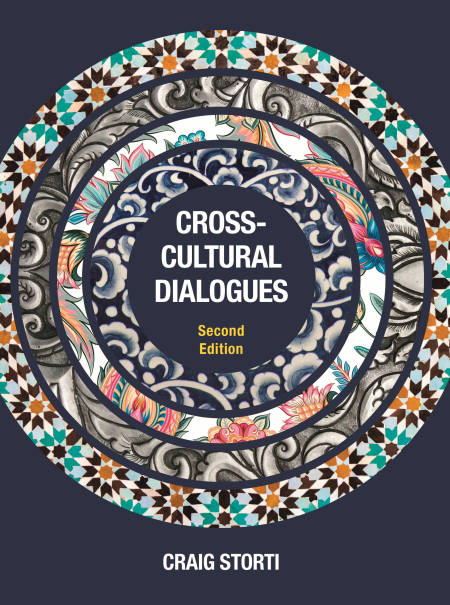
- Afhalen na 1 uur in een winkel met voorraad
- Gratis thuislevering in België vanaf € 30
- Ruim aanbod met 7 miljoen producten
- Afhalen na 1 uur in een winkel met voorraad
- Gratis thuislevering in België vanaf € 30
- Ruim aanbod met 7 miljoen producten
Zoeken
Cross-Cultural Dialogues E-BOOK
74 Brief Encounters with Cultural Difference
Craig Storti
E-book | Engels
€ 3,99
+ 3 punten
Omschrijving
How much culture lurks in common conversation? According to Craig Storti, so much that many of our most common, seemingly innocent exchanges—in social settings, on the job, in the world of business—are cultural minefields waiting to explode. These explosions—cultural misunderstandings—can cause confusion, irritation, even alienation. At the workplace and in the world of business these explosions undermine communication, threaten important relationships, and cost a great deal of time and money; away from work, they strain, even endanger, personal relations. Cross-Cultural Dialogues is a collection of brief conversation (4-8 lines) between an American and someone from another country and culture. Short as each dialogue is, it has buried within it at least one, and usually several breaches of cultural norms which the reader is challenges to figure out. And a challenge it is: the exchanges are so brief and innocuous that even the wariest among us are sandbagged by the dialogue’s hidden subtleties. Ten cultures are represented by the non-Americans in the dialogues: Arab/Middle Eastern, British, Chinese, French, German, Hispanic, Indian, Japanese, Mediterranean/European, and Russian, and the dialogues are grouped according to the setting in which they occur: social, workplace, and business. Whether you’re a learner, trainer, educator, or an armchair interculturalist, you’ll enjoy solving these cultural riddles—and increase your cultural awareness in the bargain.
Specificaties
Betrokkenen
- Auteur(s):
- Uitgeverij:
Inhoud
- Taal:
- Engels
Eigenschappen
- Productcode (EAN):
- 9781473643642
- Verschijningsdatum:
- 9/10/2006
- Uitvoering:
- E-book
- Beveiligd met:
- Adobe DRM
- Formaat:
- ePub

Alleen bij Standaard Boekhandel
+ 3 punten op je klantenkaart van Standaard Boekhandel
Beoordelingen
We publiceren alleen reviews die voldoen aan de voorwaarden voor reviews. Bekijk onze voorwaarden voor reviews.











